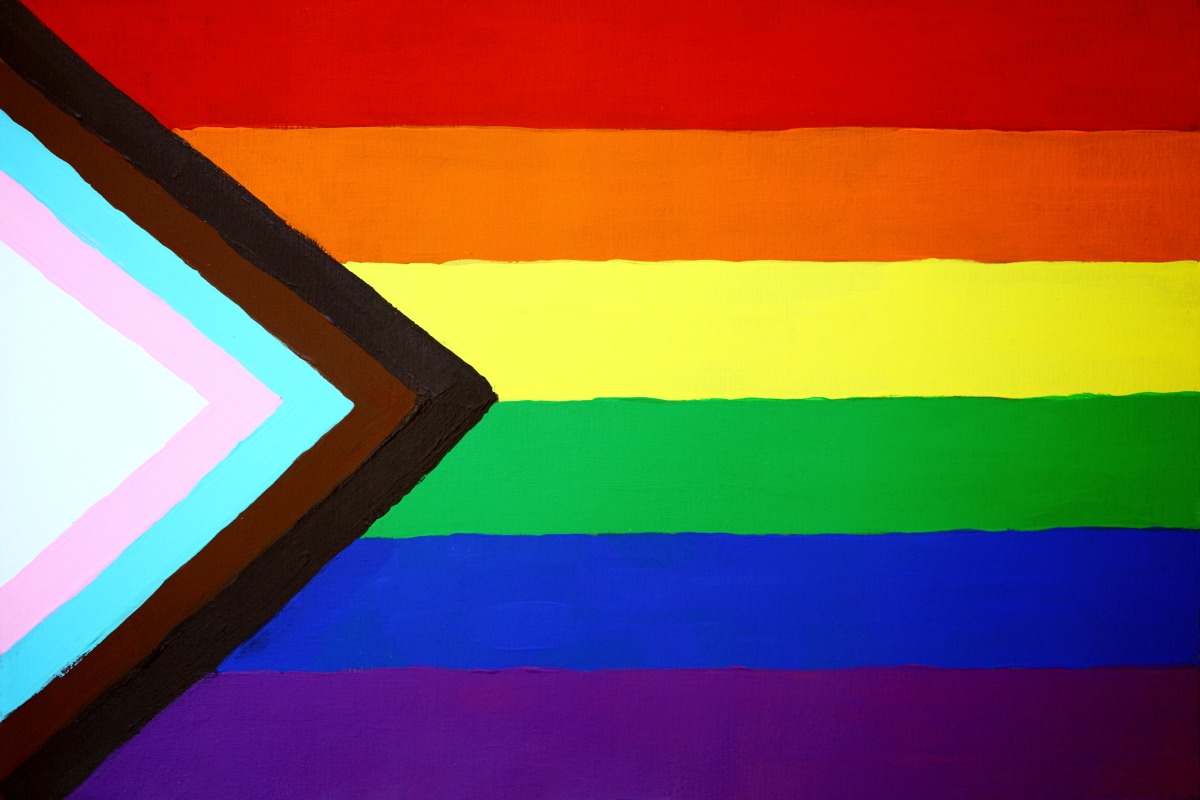
It can feel difficult and frustrating to find LGBTQIA+ inclusive addiction treatment. If you’re looking to change your life for the better, you should understand the causes of mental health disorders within the community and know what questions to ask a potential treatment program.
Discrimination Against the LGBTQIA+ Community
As an LGBTQIA+ individual, you often face social, employment, and medical discrimination. The legality doesn’t usually matter because many loopholes exist to protect the discriminator.
You might have been homeless due to familial disownment or anti-LGBTQIA+ landlords. You may have experienced harassment, retaliation, or job loss due to your gender, romantic orientation, or sexual orientation. Even in the most accepting workplaces, you could experience exclusion and microaggressions from coworkers. These two factors can worsen one another.
You could also face violence, especially if you fall under the trans umbrella. Transgender people, especially transwomen of color, face assault and murder at exponential rates. Despite violating medical ethics, doctors and EMTs could deny you or your loved one emergency healthcare based solely on your identity.
Feeling Chronic Stress
Whether or not you’ve gone through these issues firsthand, you still probably feel the impact of your community’s suffering. You likely live in a state of constant stress, fear, and vigilance. You may wonder who’s next and when it’ll be you. Additionally, everything becomes more complex when taking an intersectional perspective. Each of your demographics has the potential to worsen the severity of the discrimination you experience.
The prolonged activation of the amygdala causes chronic stress. The chemical changes result in higher rates of trauma, mental health conditions, and substance use disorder (SUD) within the LGBTQIA+ community than in the general public. As such, mental health treatment centers should implement inclusive, affirming practices. You should also ensure you’re asking the right questions when looking for a treatment program.
What to Look For in an LGBTQIA-Inclusive Treatment Center
It is difficult to know just from looking at a website whether an addiction treatment program is LGBTQIA+ inclusive. Many websites will claim inclusivity but won’t put it into practice. As such, you may need to ask the program director questions before committing to a facility. Here are five questions to ask.
- Do you have LGBTQIA+ trained mental health professionals and doctors working at your facility?
- What are your policies on patients bullying other patients?
- In this facility, are queerplatonic and unmarried life partners granted the same rights as heterosexual spouses?
- Do you offer scholarships or financial payment programs for minorities?
- What is your facility’s score on the Human Rights Campaign’s Healthcare Equality Index?
Trans-Specific Questions to Ask
Though many facilities may include sexual minorities, not all “LGBTQIA-affirming” programs consider the needs of transgender patients. If you’re trans, you may want to ask these additional questions to ensure that the facility is the right fit.
- Can I live and participate in gendered programs that align with my gender identity?
- Will you enforce the use of my chosen names and pronouns?
- Can I continue receiving gender-affirming treatments like puberty blockers or hormone replacement therapy while in this program?
Addiction is a much more common problem in the LGBTQIA+ community due to the many forms of discrimination faced by this group. When you’re in the LGBTQIA+ community, your safety and acceptance aren’t guaranteed. Even in spaces designated as LGBTQIA-affirming, the policies don’t always reflect the sentiments. As such, it’s crucial to ask the right questions when entering an addiction treatment center. The Guest House can offer you a safe, affirming space for you to heal from your addictions. Call us at (855) 483-7800.